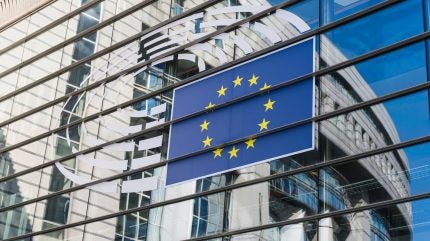
The European Commission (EC) has announced the launch of the Citizen Energy Advisory Hub (CEAH), a new initiative aimed at fostering a citizen-led energy transition across the European Union.
The CEAH is set to play a crucial role in promoting citizen participation and enhancing the social dimension of the EU’s energy policies.

Discover B2B Marketing That Performs
Combine business intelligence and editorial excellence to reach engaged professionals across 36 leading media platforms.
The three-year project aligns with the EU’s climate and energy targets for 2030 and the long-term goal of achieving climate neutrality by 2050. It also ties in with the Affordable Energy Action Plan released in February and precedes the anticipated Citizens Energy Package, expected later this year.
As the EU progresses towards a more decentralised and decarbonised energy system, the Advisory Hub will provide vital resources to local communities, citizens, municipalities, NGOs, and small businesses. It will support them in managing their energy costs through the consumption of renewable energy and the reduction or shifting of energy demand.
The CEAH is set to accelerate the implementation of EU legislation by facilitating access to affordable energy, demand response, and improved energy efficiency. It aims to assist EU countries in creating conditions that foster sustainable energy projects for the benefit of their citizens and communities.
The initiative will foster dialogues, enhance citizen engagement in sustainable energy projects, and build capacity for stakeholders, including those in vulnerable households or experiencing energy poverty.

US Tariffs are shifting - will you react or anticipate?
Don’t let policy changes catch you off guard. Stay proactive with real-time data and expert analysis.
By GlobalDataThis includes providing direct technical assistance to 120 selected citizens and/or local actors to plan, develop, or scale up sustainable energy projects, along with developing resources, offering networking opportunities, and initiating local dialogues about the energy transition.
Working alongside other EU initiatives, the CEAH will establish clear pathways for citizens and local actors to receive support, empowering them to contribute to and benefit from the clean energy transition.
Furthermore, the EC and the Polish Presidency of the Council have introduced the Energy Union Task Force to improve cooperation and coordination on critical energy policy issues.
This strategic initiative under the Action Plan for Affordable Energy aims to provide political momentum to address challenges in developing a true Energy Union, focusing on optimising energy infrastructure use, accelerating interconnectivity, and improving grid and energy system planning coordination among member states.





